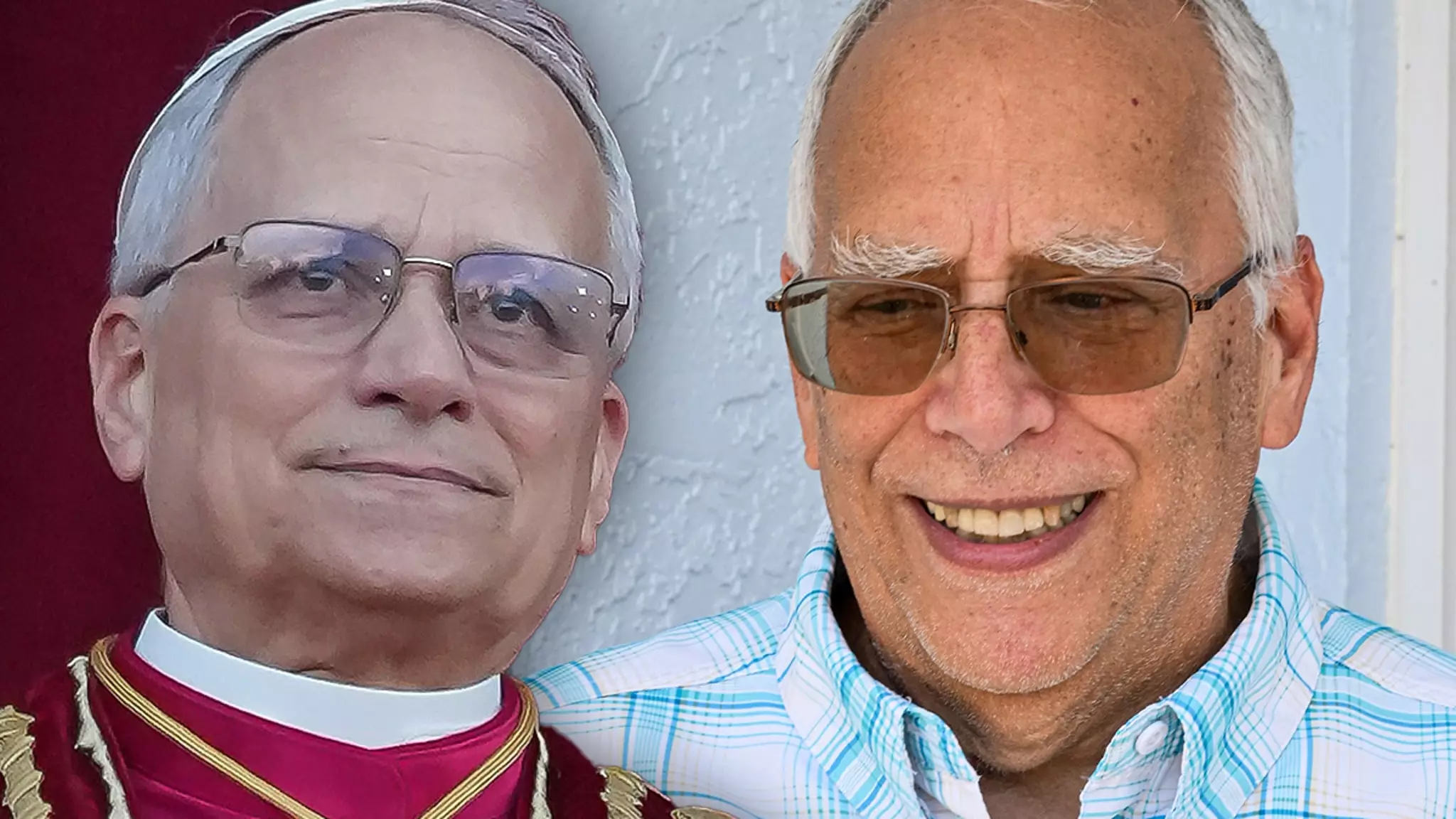In today’s digital age, the lines of personal opinion and public representation frequently blur, especially when high-profile figures are involved. A recent incident involving Louis Prevost, the brother of the newly elected Pope Leo XIV, shines a spotlight on the contentious intersection between politics, family ties, and social media presence. Prevost, an outspoken supporter of conservative ideals, drew significant criticism after a resurfaced post on Facebook where he referred to former Speaker of the House Nancy Pelosi using derogatory language. This episode raises important questions about the responsibilities that come with familial connections to religious authority figures.
A Closer Look at the Controversial Post
The offending post features a video of Pelosi discussing U.S.-China trade relations from the mid-1990s. Although Prevost did not create the inflammatory caption, which included crude insults, his decision to reshare it indicates an alignment with its disparaging sentiment. The controversial language used reflects a broader trend in political dialogue, one that often devolves into name-calling in place of constructive debate. If family members of influential leaders engage in such hostile rhetoric, it not only clouds their personal credibility but also impacts the public’s perception of the institutions they represent.
The Implications of Family Connections
Prevost’s rhetoric raises concerns surrounding the expectations placed on those within the spheres of religious and political leadership. As the brother of a pope, one would assume a heightened sense of decorum and responsibility regarding public statements. The backlash against Prevost’s social media activity could potentially reflect on Pope Leo XIV himself, an irony not lost on observers who note the stark contrast between the pontiff’s position and his brother’s engagements online.
Furthermore, Pope Leo XIV is seen as an anomaly within the papacy, being the first American pontiff and heralding a niche duality in leadership styles that could influence perceptions of the Catholic Church in its relation to contemporary social issues. The diverging political views of Prevost and Pope Leo XIV only add complexity to an already multifaceted narrative surrounding faith and governance.
The Role of Political Openness
The fervent political expressions exhibited by Louis Prevost point toward a pressing need for a more civilized discourse in our society, particularly when it comes from individuals tied to institutions that historically advocate for compassion and understanding. While Prevost’s sentiments might resonate with those in his political circle, they could alienate others who look towards the church or political figures for guidance and stability.
This incident serves as a reminder of the necessity for individuals in significant positions—especially those related to leaders like Pope Leo XIV—to be mindful of their public statements. Social media can amplify voices but can equally compromise one’s authority and integrity when misused. As discourse becomes more polarized, leaders and their families must strive for dialogue that exemplifies respect over reprimand, maintaining their legacies as embodiments of their faith and moral values.

